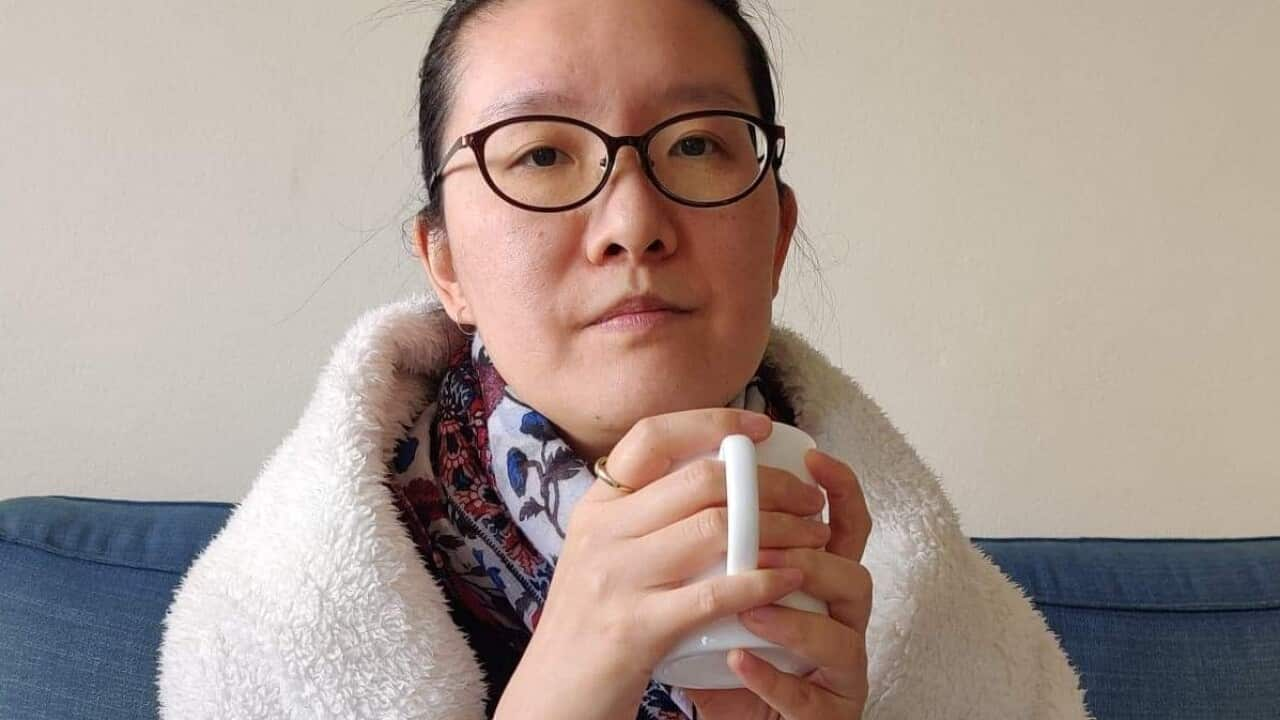Key Points
- Japanese Prime Minister Fumio Kishida in August called for a push to revive the country's nuclear power industry.
- The move was aimed at tackling soaring imported energy costs.
Trying to stay warm while cutting energy bills this winter? Wear a turtleneck, says Tokyo governor Yuriko Koike.
The governor, wearing one herself under a jacket, encouraged residents to don turtleneck jumpers both to stay warm and as a way of reducing energy consumption.
"Warming the neck has a thermal effect. I'm wearing a turtleneck myself and wearing a scarf also keeps you warm. This will save electricity," Ms Koike told reporters on Friday.
"This is one of the tools to get through the harsh winter energy climate together," she said, adding that French President Emmanuel Macron was "taking a lead in wearing turtlenecks".
Japan has long conducted an annual "cool biz" campaign, in which a casual dress code is encouraged in offices to save energy during the country's sweltering summers.
The winter version is dubbed, appropriately enough, "warm biz".
Like many countries, Japan — which is aiming to become carbon neutral by 2050 — has faced a squeeze on its energy supply since Russia's February invasion of Ukraine.
Japanese Prime Minister Fumio Kishida in August called for a push to revive the country's nuclear power industry in a bid to tackle soaring imported energy costs.
But such a move would likely prove controversial in the wake of the 2011 Fukushima nuclear disaster, triggered by a massive tsunami, which led to the suspension of many reactors due to safety fears.
Eleven years later, 10 of Japan's 33 nuclear reactors are back in action, although not all are operational year-round, and the country remains heavily dependent on imported fossil fuels.











